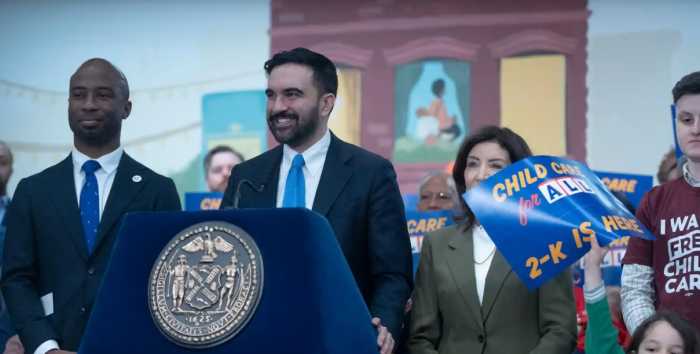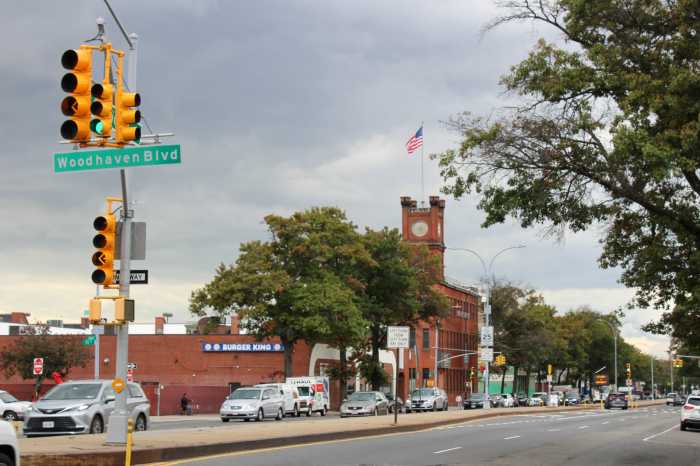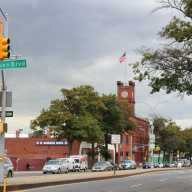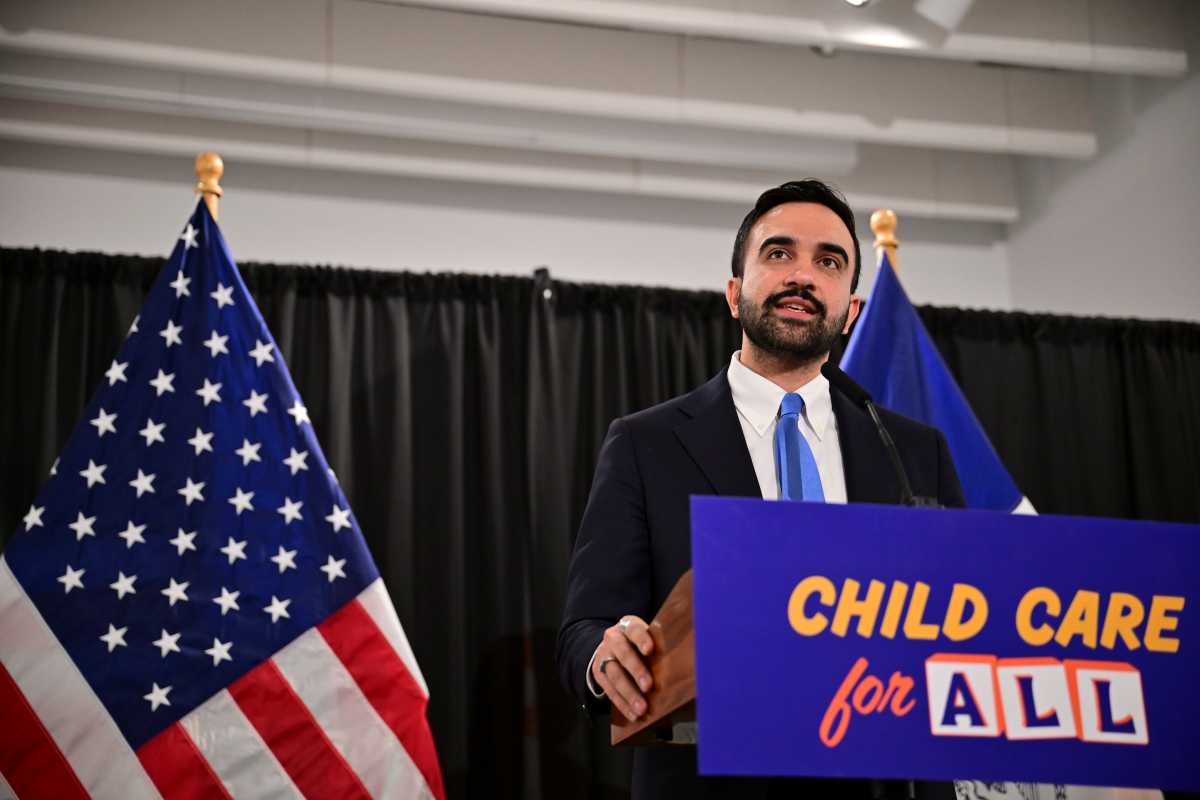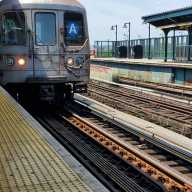By Naeisha Rose
York College was the site of a tax reform public hearing last week, where elected officials and residents of all different types of property were able to address concerns about the current tax system and make suggestions.
The meeting was held at the school’s Milton Bassin Performing Arts Center.
State Sen. Leroy Comrie (D-St. Albans) spoke on behalf of his constituents in District 14, which represents Briarwood, Cambria Heights, Hollis, Hollis Hills, Hillcrest, Jamaica, Jamaica Estates, Jamaica Hills, Kew Gardens, Laurelton, Queens Village, Rosedale, South Jamaica, Springfield Gardens and St. Albans.
“Property taxes are essential to the function of New York City government, and the very collection of it allows our government to operate efficiently, but our property taxes are thoroughly and unmistakably regressive,” said Comrie. “It impacts negatively those who could least afford it, principally households with incomes under $100,000 a year.”
According to the senator, most of his constituents make around $59,000.
“Frankly those are most of the people I represent,” said Comrie. “People who are told for decades trying to raise a family, work full time, and saved up enough money to buy a house in southeast Queens… may be retired, and are maybe blessed enough to have a pension, alongside Social Security, are stuck, yet they are being hit with a flat tax with no correlation of their ability to pay.”
Comrie also said he found it troubling that southeast Queens homes are some of the cheapest throughout the borough and the city with prices going for $400,000 to $500,000, but they are over assessed for taxes, while other neighborhoods aren’t evaluated at all sometimes. He added that nearly 30 percent of his district’s one-to-three family homeowners pay some of the highest taxes at $6,000.
“We’ve been in our home for over 28 years and we are now retired and we find that our taxes have increased significantly in the last few years and we consider it to be a hardship,” said Sharon Handy of Addisleigh Park, who read a letter from her tax-preparer husband. “Our current system puts too much weight on the estimated market value… which is the primary source used to calculate our annual property taxes.”
The couple was afraid that one and two family homeowners who are retired would be forced out of their houses due to exorbitant taxes.
City Councilman Eric Ulrich (R-Ozone Park), represented constituents from Belle Harbor, Breezy Point, Broad Channel, Howard Beach, Lindenwood, Neponsit, Ozone Park, Richmond Hill, Rockaway Park, Roxbury, South Ozone Park, West Hamilton Beach and Woodhaven at the event.
“To say that the current system is regressive is an understatement,” said Ulrich. “It is not very transparent. It is not a fair process. It sometimes rewards the bad guys and punishes the good guys.”
According to Ulrich, a property worth $915,000 in Belle Harbor was taxed $10,000, while 10 properties in Park Slope ranging from $2.7 million to $4.3 million were also taxed around $10,000.
“Currently, we tax less valuable properties at a higher rate and it disproportionately hurts communities of color and non-white districts across the city,” said Ulrich. “People coming [to Queens] for the American dream are finding it harder and harder to make ends meet. We have to do something.”
Mathew Joseph, a Queens tax appraiser from Bellerose, offered some suggestions to fix the tax law.
“All property should be assessed by the fair market value… that are beholden on ratios based on tax classes,” said Joseph. He also added, that “income producing property should be valued based on market income.”
He also suggests that there needs to be a Department of Assessment for properties that is completely separate from the city’s Department of Finance.
“This [Department of Assessment] will give the office strength, stability and independence from outside influence,” said Joseph.
Reach reporter Naeisha Rose by e-mail at nrose



